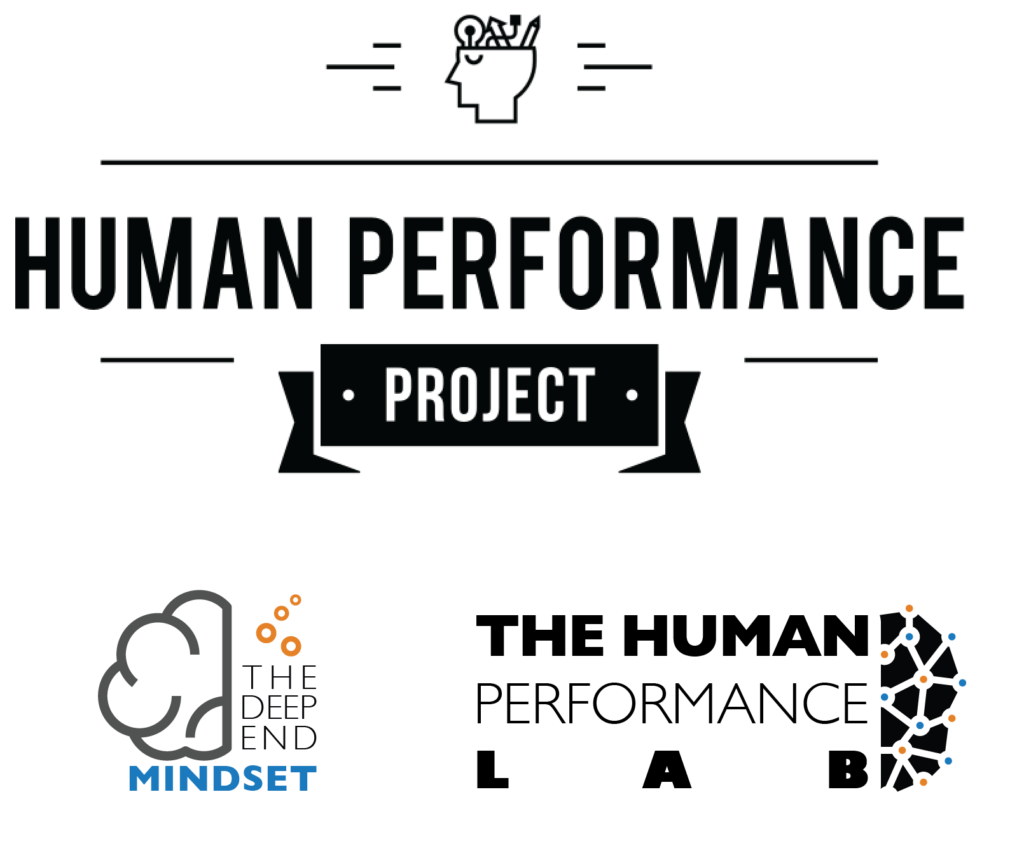It drives me crazy.
Sitting in a meaningful conversation with a boss, manager, leader, mentor, or friend when all of a sudden in mid-sentence my peer diverts 90% of their attention away from me to that little shiny toy buzzing in front of them.
Sound familiar? We’re all guilty to some degree in this ‘addicted to the screen’ age.
I’m not sure about you, but when I first sense that complete diversion of attention I can’t begin to describe how belittled and insignificant I feel. Next thing you know the energy, flow and depth of connectedness all but disappear.
How Can We Be So Vain?
I use this example because it’s something we can all relate to and it illustrates the conscious and subconscious assumptions we have not acknowledged but are constantly acting upon…
“He won’t notice that I am checking my phone while he’s talking”
“I just need to check it for a second, then I will get back the conversation – no harm done”
“I am so important that whoever is trying to get a hold of me is more worthy of my attention than the person standing right in front of me”
“I can multitask for a few minutes and still be fully engaged in the conversation”
I don’t care what story or assumption you’re telling yourself in this scenario, if it doesn’t involve completely ignoring that distraction (to the point of turning your phone on do not disturb if need be) – you’re wrong.
This small example sheds light on the much bigger issue of how we are becoming a society and culture that acts far before considering to even ask for input and feedback of others. We do this for a whole number of reasons from thinking that we know better given our status, title, or role to not wanting to tread on more vulnerable grounds where real feedback can mean hearing the things we are not good at.
“Dear direct report, I was only going to give you a quarter of my attention and spend the other ¾ on my phone but I wanted to check in with you first to see if you would like me to be fully present and focused in on this conversation.”
Tough decision, right?
I wonder what the candid truth would be… Unfortunately the chances of you even getting that are slim. If you’ve made a habit of showing your employees, colleagues, or team they aren’t worth your time or attention they have long since checked out – ever since you set a match to the bridge of trust and mutual respect.
Now that is a scary rabbit hole to look down.
Assuming makes an … You Get it.
It’s not fair.
Of us as leaders to make these assumptions of our people and our team. Regardless of our excuse:
“I thought that person was okay”
“I thought this team member would love what I have next for them”
“I figured they were enjoying what they were doing”
“I thought they were just having a bad day in their personal life”
“I thought they were just naturally quiet and standoffish”
“I didn’t want to make it awkward by digging in”
“I don’t know how to be vulnerable”
Did that last one strike a cord
It certainly does for me. UGH, it’s like a punch right to the gut when I think about moving into that vulnerable space with teams and colleagues.
And I love it.
I love it because I know in that vulnerable space shared with anyone we are finally having a meaningful conversation on the same level. As we create safe and vulnerable environments with our teams through leading by example we start to build deep trust and intrinsic energy with each member of our team. Through this comes the real conversations that many times holds the key to empowering that employee into a high performance state.
The conversations will stem in a hundred different directions. Don’t assume that only some are worth your complete and undivided attention.
“I am feeling this way about my work and progression in the company”
“I just want more of (fill in the blank) in my day to day life”
“I am having conflicts with this person or this team”
“I don’t know what to do in this situation, I need help”
“I would feel much more safe and empowered if you communicated to me like this”
“Here is what I need to be fully engaged and driving this business forward”
The irony of course is the moment we let go of all of those assumptions our egos own the conversation goes exactly where it needs to go to open the next door and create powerful forward momentum.
[modalsurvey id=”1645442995″ style=”flat” align=”center” textalign=”center” width=”100%” visible=”false” message=”Thank you for your input!”]Control the Beast
Here’s my challenge for all of us. The next time you’re entering into a conversation with a colleague, employee or team members take 5 minutes to consider any assumptions you may have. This could be everything from how un-important you may think the conversation itself is, to thinking the person you’re meeting with doesn’t really like you. Be bold and confront these assumptions head on during your conversation. If you realize you’ve steamrolled someone with an assumption mid-conversation, have the courage pause and call out what just happened, opening up the space to receive vulnerable feedback on how that made them feel.
You may be chuckling at me thinking this is such a soft approach and won’t make any difference in building relationships with your team. But again you would be wrong, in vulnerably confronting our assumptions head on you’re showing your people that you are human and that you deeply care about them.
Without that, you are not a leader.
Photo credit: Joshua Earle
Subscribe for a monthly dose of inspiration… Similar to what you just read above!

